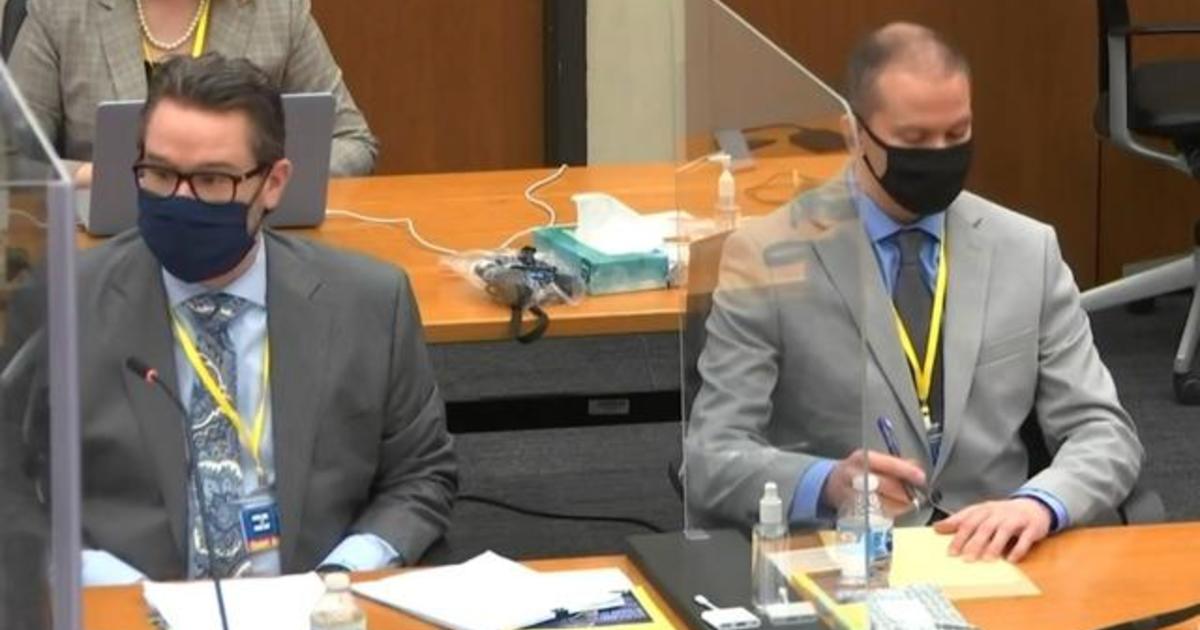
The judge in the murder case against Derek Chauvin reinstated a third-degree murder charge on Thursday against the former Minneapolis officer in George Floyd’s death, a day after the Minnesota Supreme Court denied to take up the issue and effectively handed the decision back to the judge.
Floyd‘s May 2020 killing drew outrage and a worldwide reckoning on police reform and racial justice. Chauvin, the police officer who was seen in a disturbing video kneeling on the neck of the unarmed Black man for more than nine minutes, is also charged with second-degree murder and second-degree manslaughter. The other three officers involved in the fatal arrest are charged with aiding and abetting, and will be tried jointly in August.
Judge Peter Cahill on Thursday granted prosecutors’ motion to reinstate the third-degree murder charge, which would require a lower standard of proof than second-degree. To win a conviction, prosecutors would have to show only that Floyd’s death was caused by an act that was obviously dangerous, though not necessarily a felony. Reinstating the count could increase the prosecution’s odds of getting a murder conviction.
Chauvin was initially charged with third-degree murder, but Cahill dropped the count in October, ruling that Minnesota law only permits for the charge against someone who causes a death in an act that endangers multiple people, not in an act directed at one person. Last week, a Minnesota appeals court handed a win to prosecutors and ordered Cahill to again consider reinstating the charge. The appeals panel said Cahill is bound to abide by a precedent they set when they upheld a third-degree murder conviction against Mohamed Noor, the former Minneapolis officer who fatally shot an Australian woman who called 911 in 2017.
Arguments on Thursday again centered on the difference between the two cases, with Chauvin’s attorney Eric Nelson arguing the cases are factually different. Cahill agreed, but said he was still bound to apply by the appeals court’s precedent that third-degree murder can be applied to dangerous acts towards one person, rather than multiple people.
The trial is set to continue with jury selection, which launched Tuesday.

